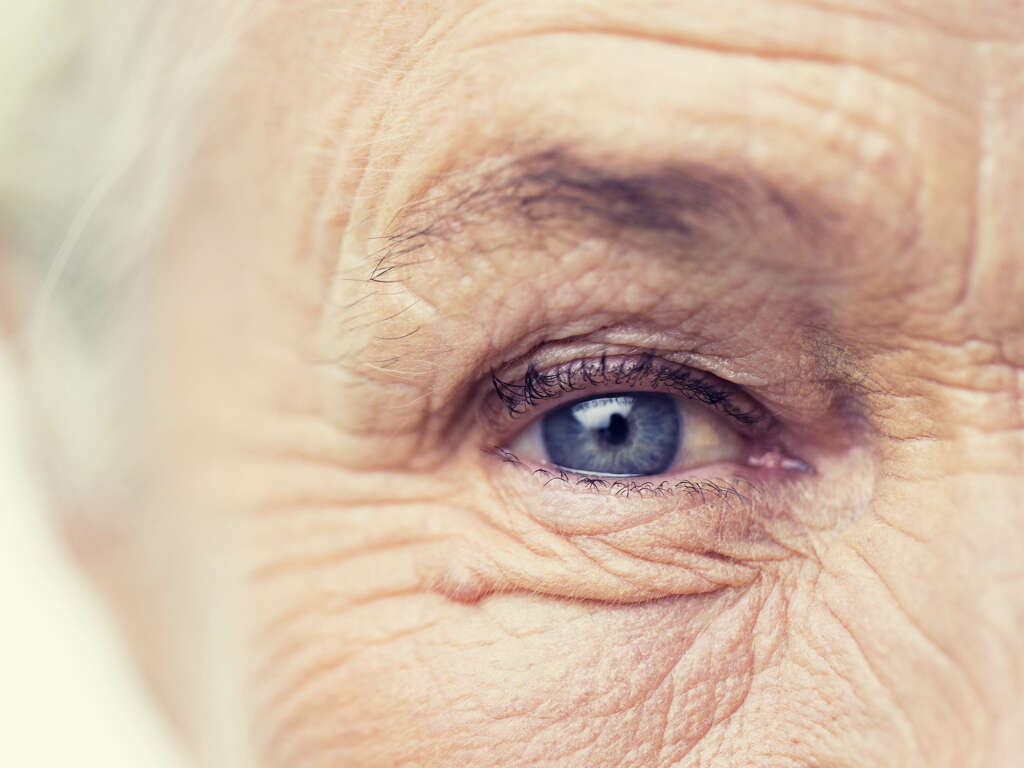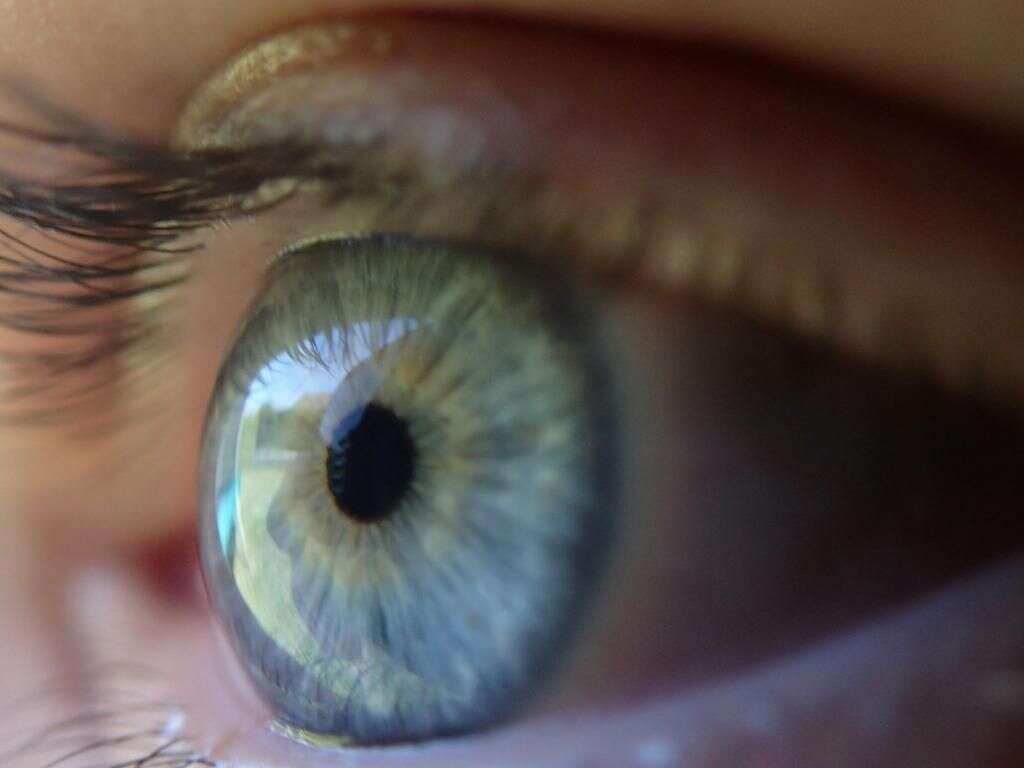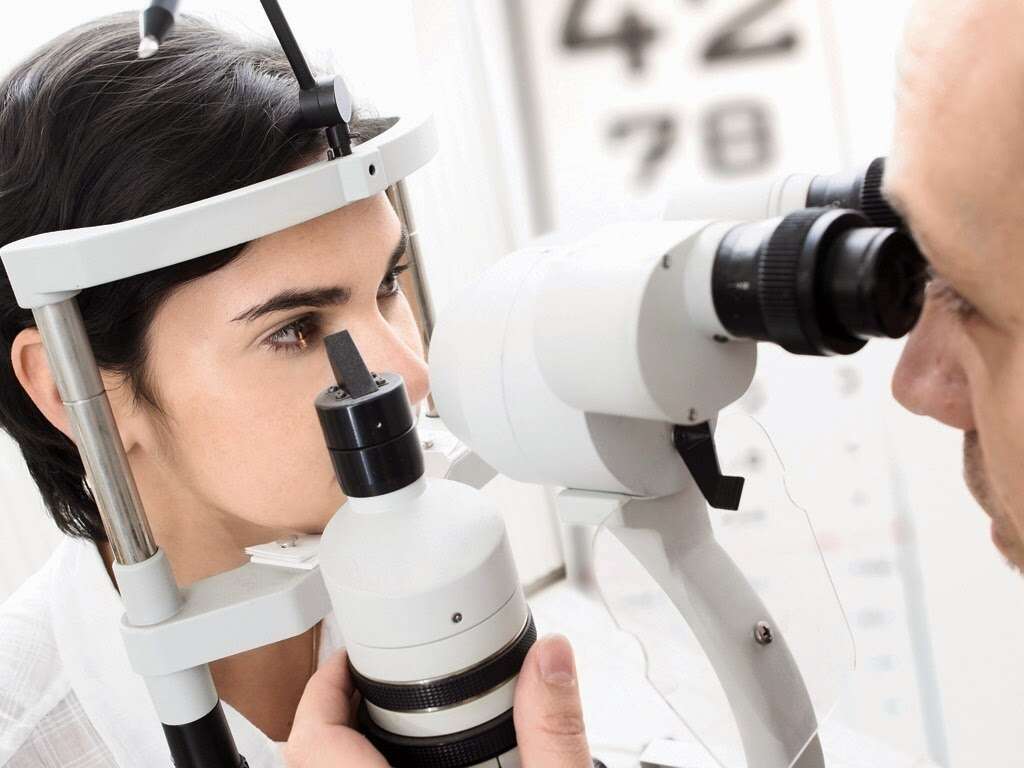10 Nystagmus Symptoms
 Article Sources
Article Sources
- 1. 'Shedding Light on Photophobia.' PubMed Central (PMC), www.ncbi.nlm.nih.gov/pmc/articles/PMC3485070/
- 2. 'Nystagmus.' Johns Hopkins Medicine, Based in Baltimore, Maryland, www.hopkinsmedicine.org/health/conditions-and-diseases/nystagmus
- 3. 'Nystagmus.' RNIB - See Differently, 24 Mar. 2021, www.rnib.org.uk/eye-health/eye-conditions/nystagmus
- 4. 'Nystagmus.' www.aoa.org/healthy-eyes/eye-and-vision-conditions/nystagmus'sso=y
- 5. Huizen, Jennifer. 'Oscillopsia: Causes, Symptoms, and Treatment.' Medical and Health Information, www.medicalnewstoday.com/articles/327484
- 6. Young Woman Presents with Intermittent Diplopia and Nausea. Healio: Medical News, Journals, and Free CME, www.healio.com/news/ophthalmology/20190822/young-woman-presents-with-intermittent-diplopia-and-nausea
- 7. McNamara, Lindsay. 'Nystagmus | Johns Hopkins Vestibular Disorders Center.' Johns Hopkins Medicine, Based in Baltimore, Maryland, 9 Oct. 2019, www.hopkinsmedicine.org/neurology/neurosurgery/centers/clinics/vestibular/conditions/nystagmus.html
Difficulty Seeing in the Dark
A person with nystagmus may not see well in the dark. This can occur because the person has difficulty focusing due to the constant movement of their eyes, which can become especially pronounced at nighttime or in low-light situations.
When a person's vision is moving constantly, their eyes may not have time to adapt to the low light or darkness properly, which can make it more difficult to see clearly.
Advertisement









